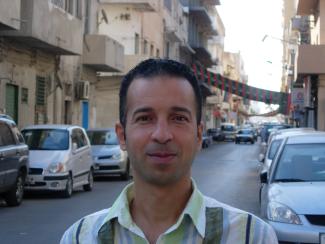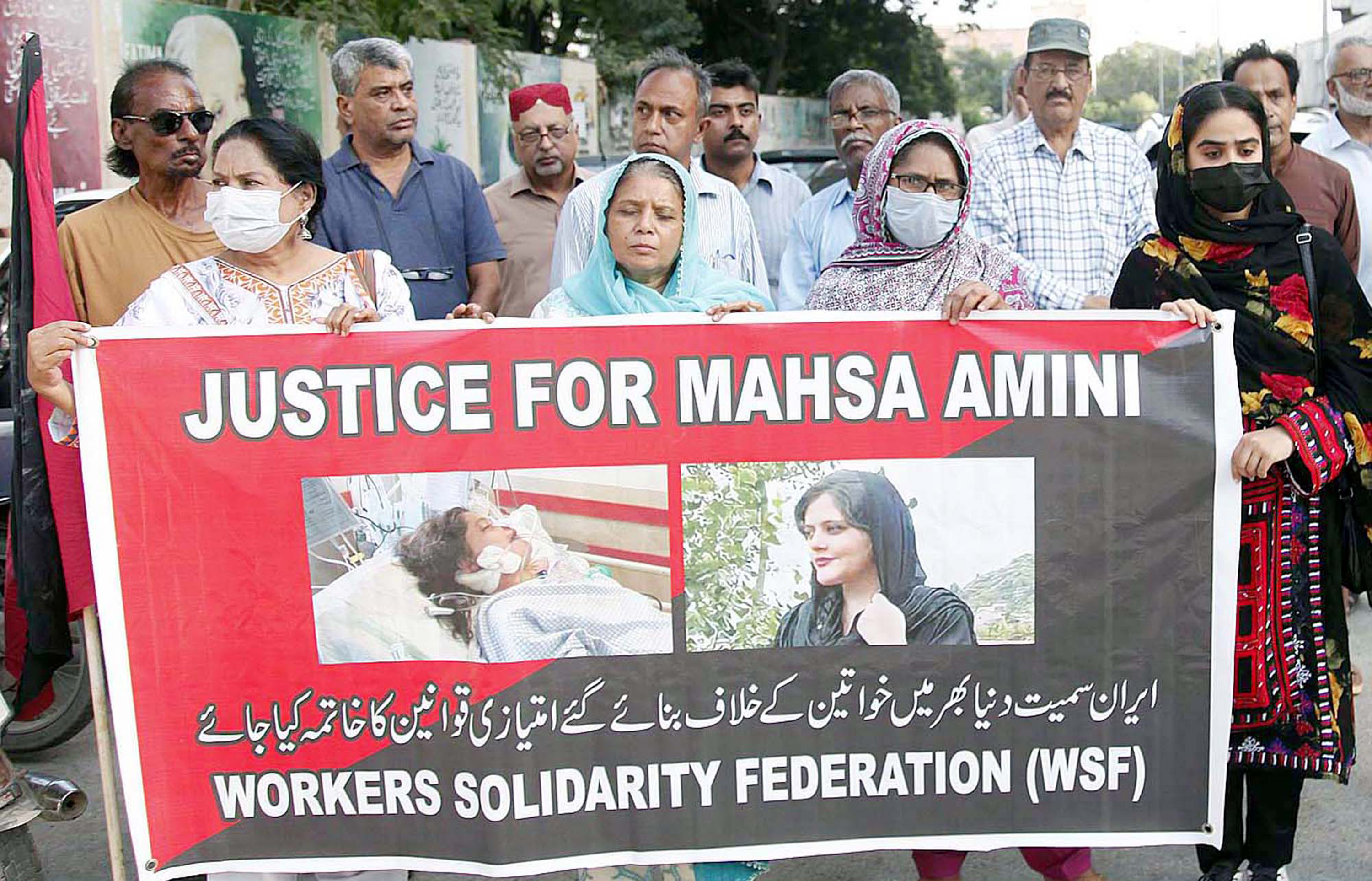Gender Equality
Unspeakable phenomenon

Thirty 30-year-old Hana, a school teacher and a Koran teacher at the local mosque, tells her story after ten years of marriage: “My father told my husband before we got married that I should be allowed to continue my work, and my husband agreed. But two years later, he started to beat me and swear at me. The reason of our dispute was that he wanted me to leave one of my two work places, the school or the mosque.”
Hana’s older brother Khaled says: “My sister’s husband offered to give her monthly wages instead of teaching Koran at mosque but she refused. Then he tried to stab her with a knife in front of their children. He beats her, and calls her a prostitute and other offensive words which are unacceptable in a conservative society like Libya.”
But Hana has had enough. She has decided to sue her husband next time he beats her. That will be a very unusual step. “Libyan women who choose to go to court to divorce or attend the mental health clinic to be treated are unusual. Most stay at home and bear the pain,” says Salih Alhweij, a doctor and psychotherapist who specialises in mental health at a clinic in Tripoli.
According to Libya’s current penal code, beating someone up can lead to a sentence of one month in prison and a fine. According to another article, failing to do family duties (not providing means of livelihood to wife and children) is punished by up to one year in prison and a fine. However, – as lawyer Radman Salim states – “unfortunately, there are no reliable court statistics about crimes against women”.
The Alrrahma mental health clinic has gathered data for women coming for treatment. In the period from November 2011 to December 2012, it recorded 35 cases of physical violence against a woman, 39 cases of rape, 20 cases of sexual harassment, ten cases of verbal insult, five cases of being forced to smoke cannabis and 30 cases of being forced to stop working or studying.
Human-rights activist Omar Almay believes that at the root of the problem are “misconceptions of manhood and marriage in general”. He says men tend to use physical strength to cope with their insecurity when they feel their wife is more intelligent than they are or know she has more money than they do.
The legitimation given for violence against women varies. Some men misinterpret Koran verses, and others excuse themselves referring to an “inherited culture”. Women’s rights activist Samiha Mashri, however, insists that "domestic violence results in a negative impact not only on the women concerned, but also on the children.”
Najat Almati, another activist, concludes that "the fact that Libya joined human rights treaties was a mere formality and did not change anything concerning women’s rights.”
Reda Fhelboom is journalist, TV anchor and human-rights activist. He lives in Tripoli, Libya.
fhelboom@yahoo.com












